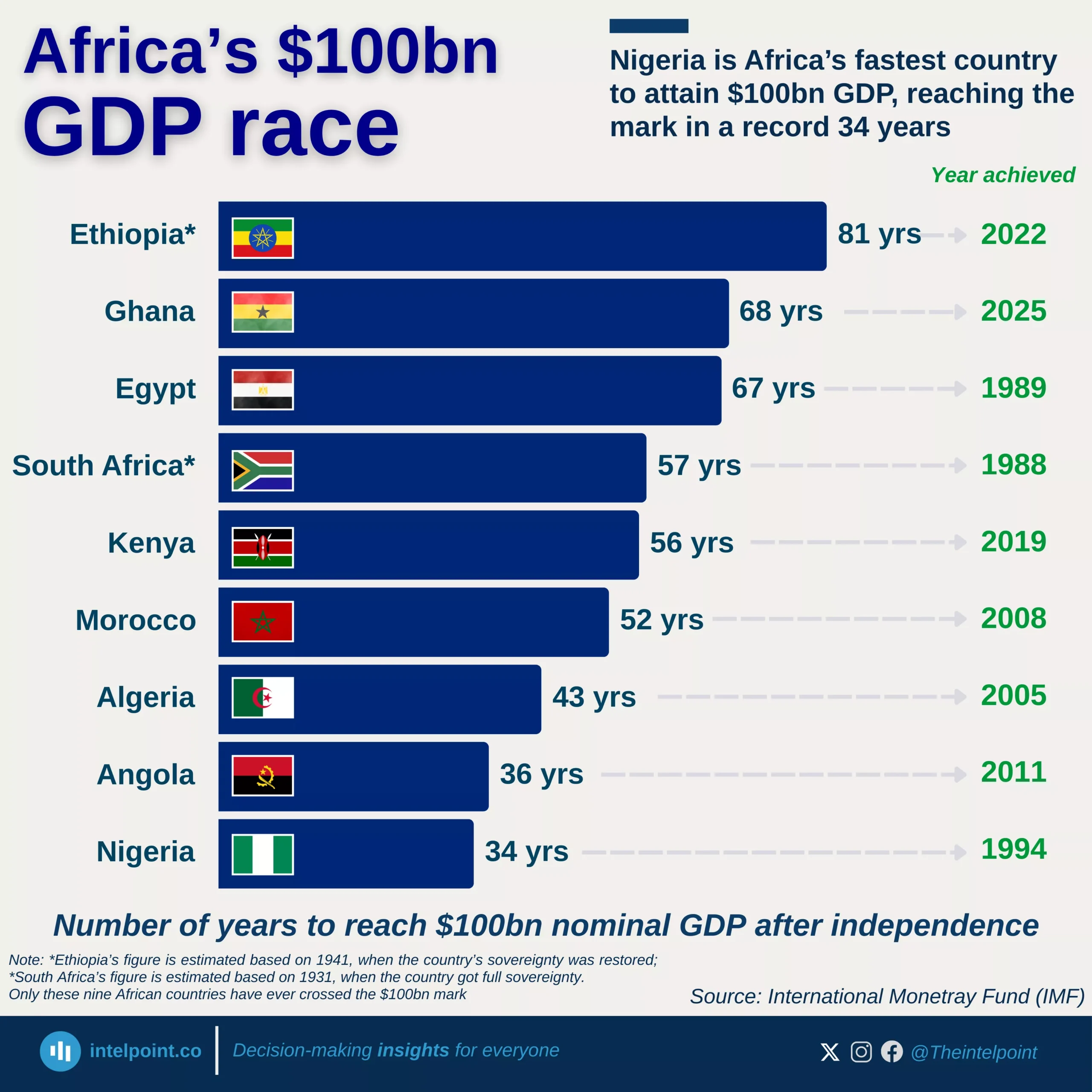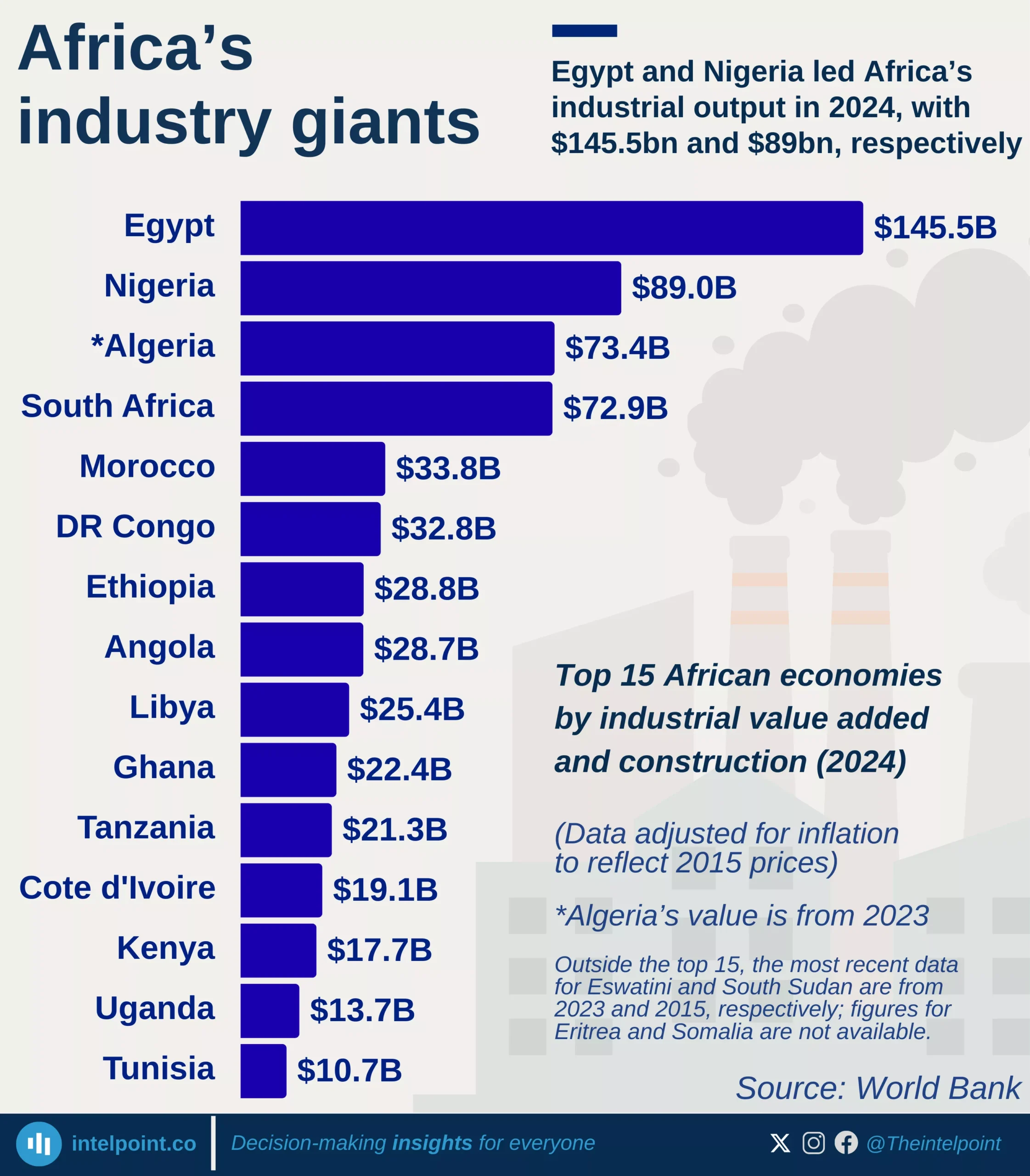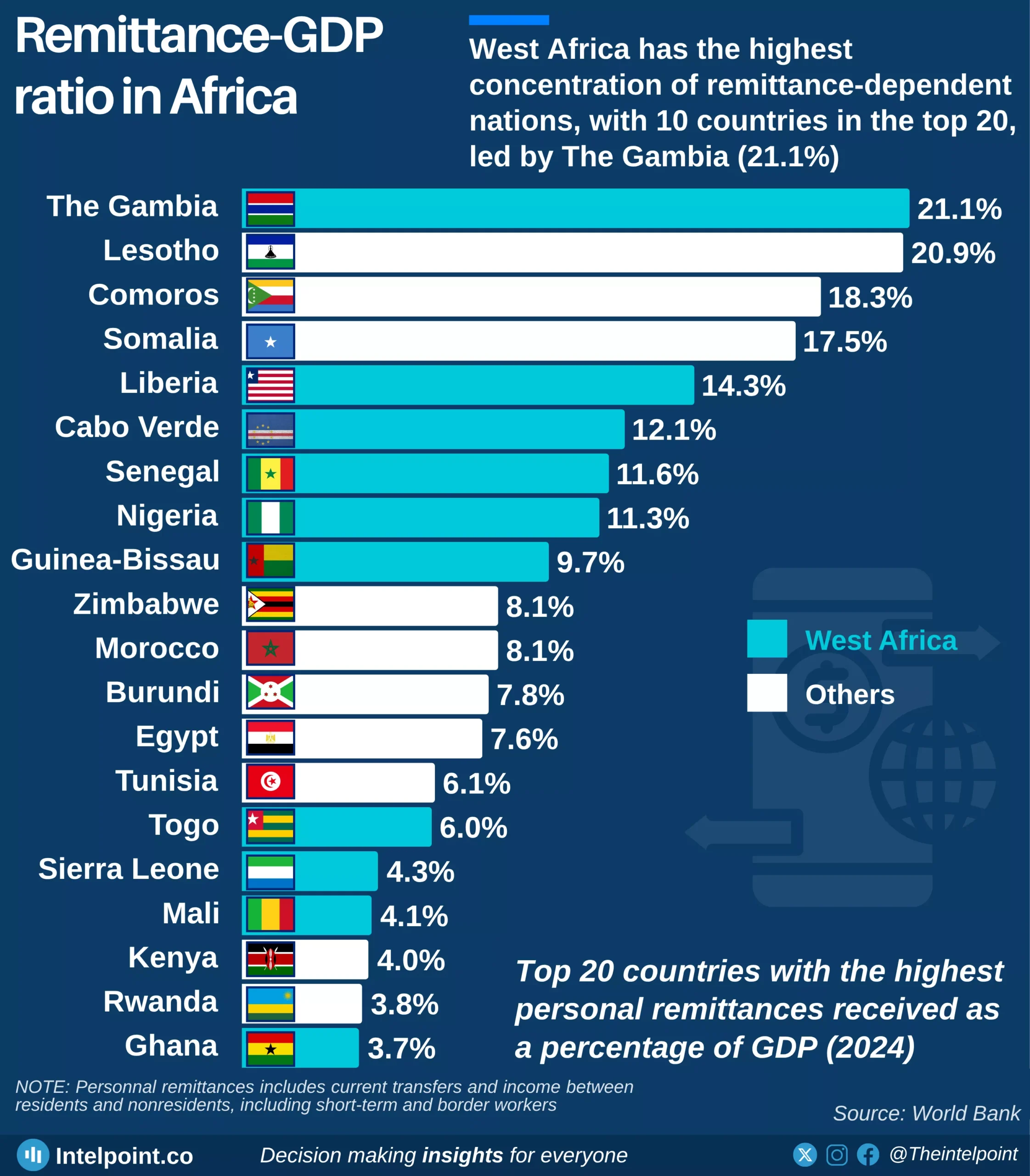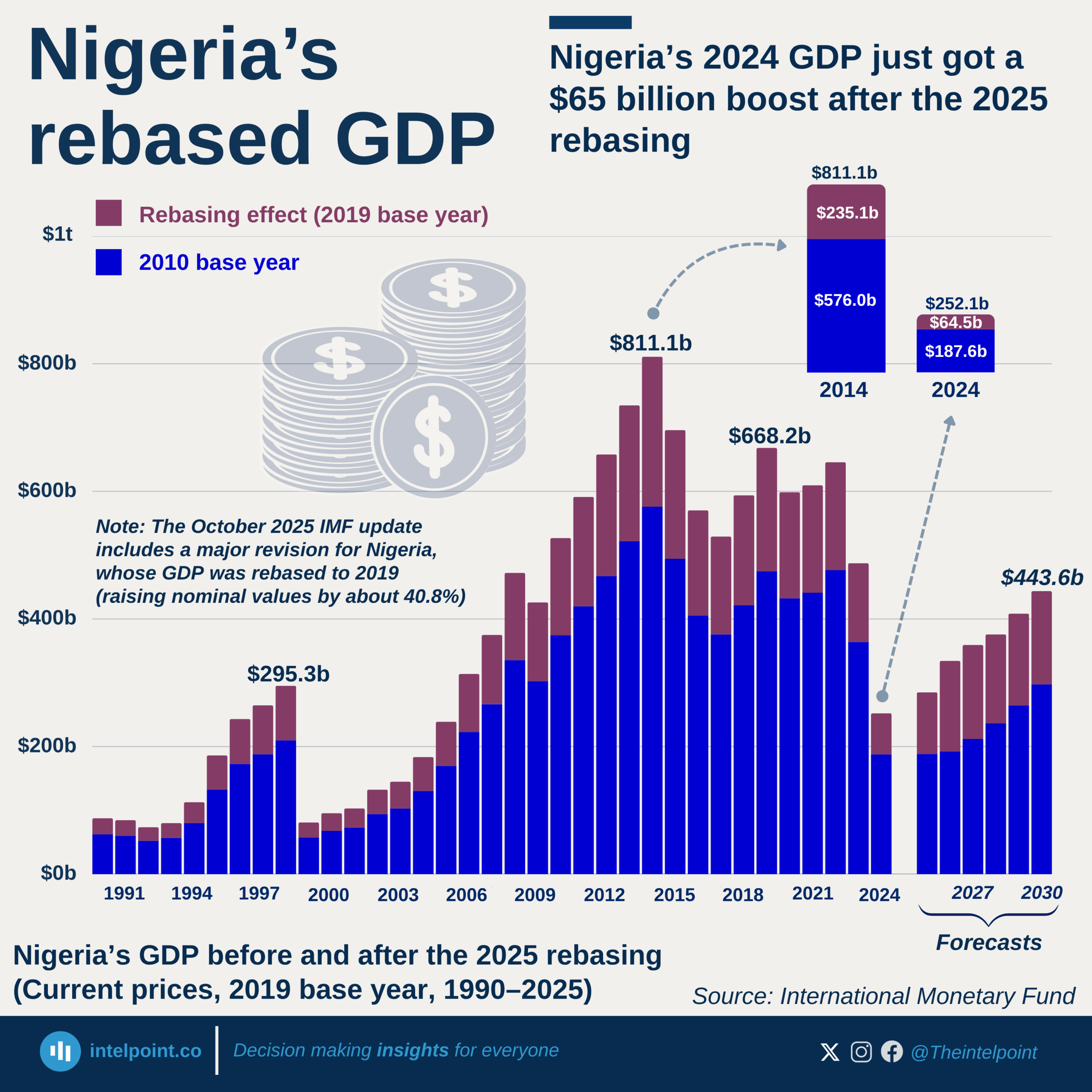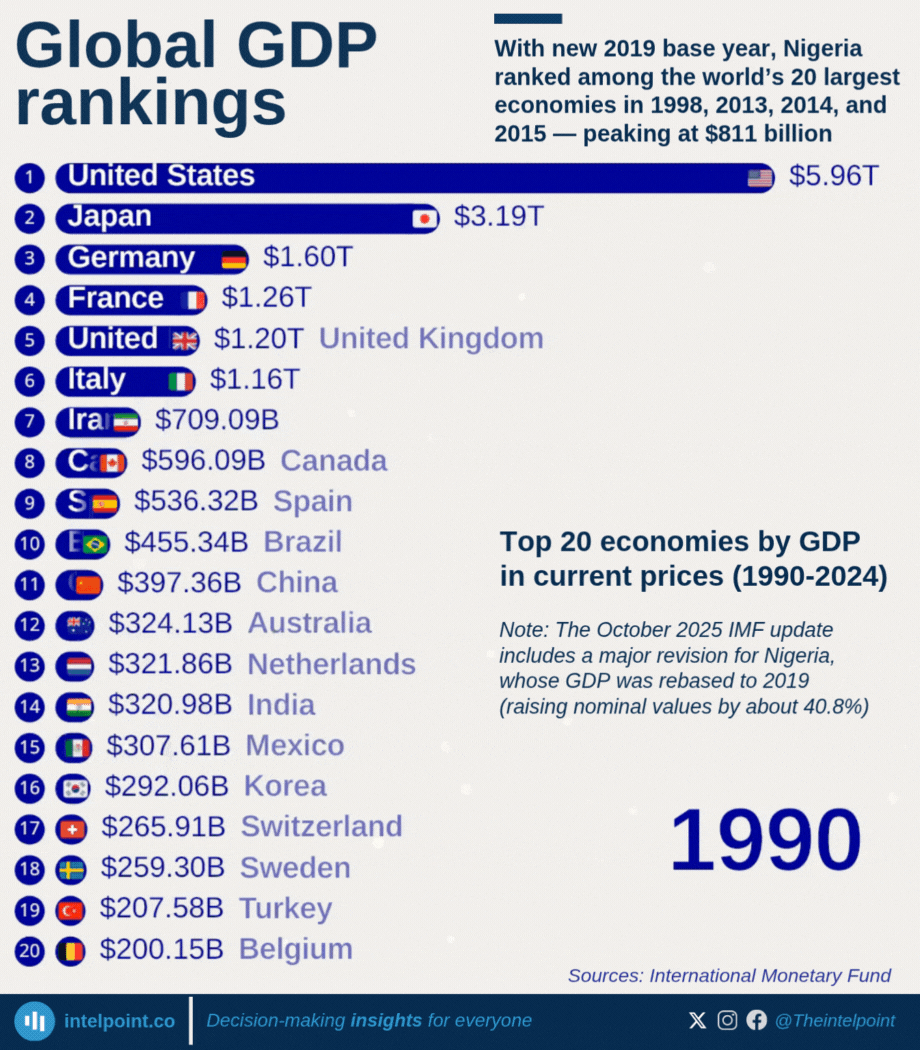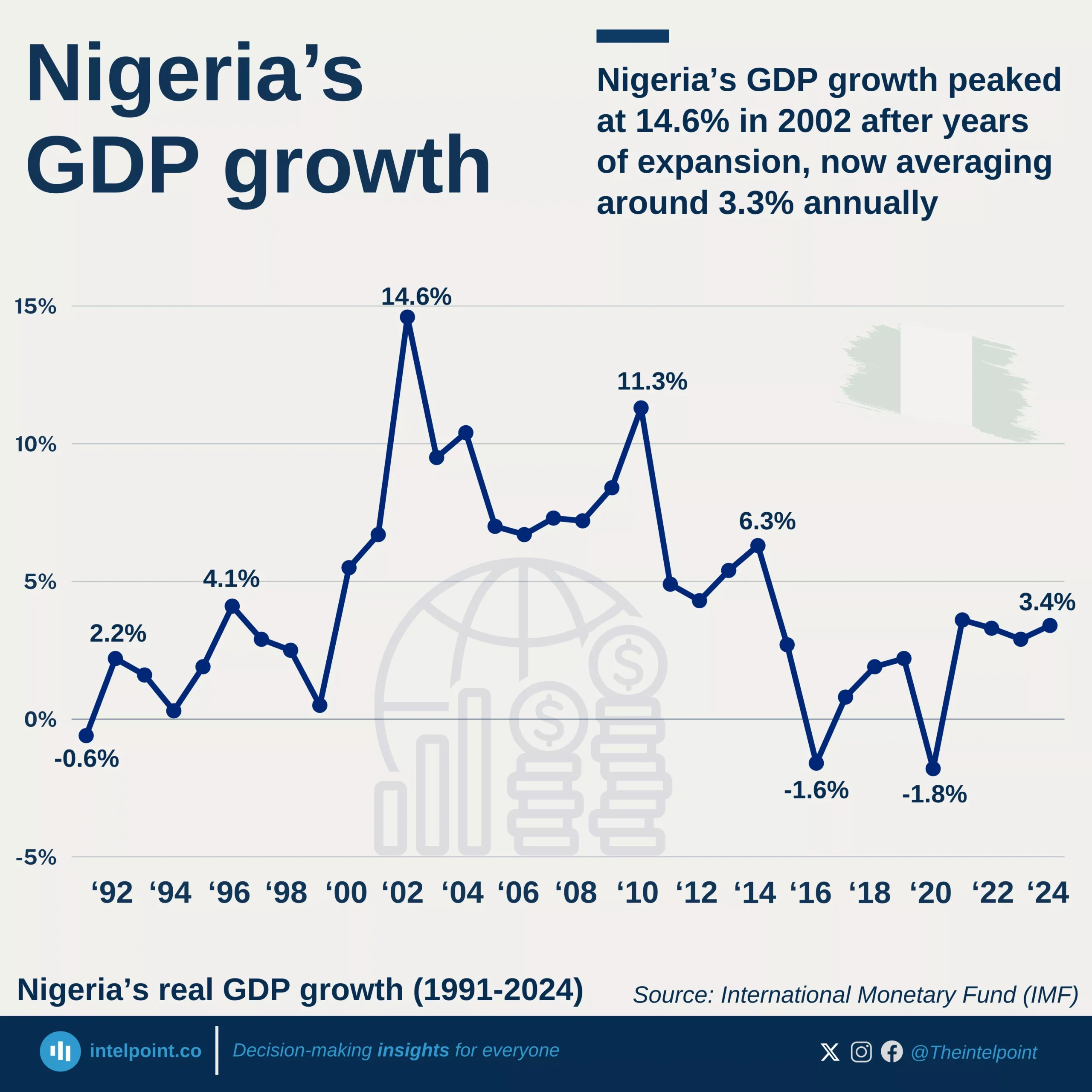All ten countries with the lowest GDP per capita, each below $2,000, are located in Africa. South Sudan, with a GDP per capita of just $763, sits at the bottom, followed by Burundi ($986) and the Central African Republic ($1,296). These numbers reveal a gap in economic prosperity, reinforcing how certain African economies remain significantly behind global averages in terms of wealth distribution.
While economic hardship in these regions is often attributed to conflicts, weak governance, and limited industrialisation, the impact goes beyond numbers — it’s about the daily lives of millions.
